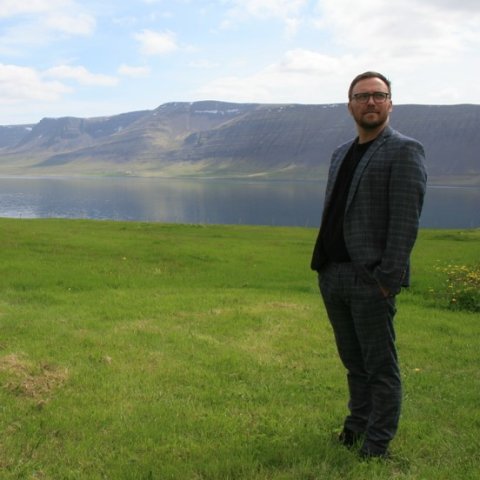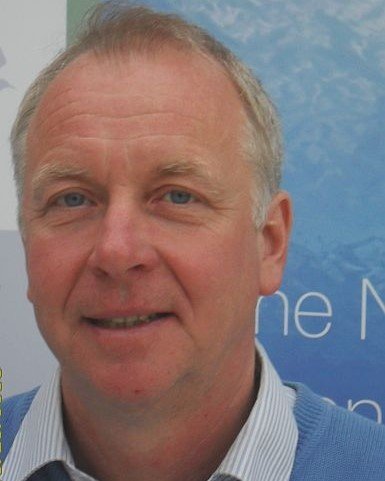Hér má nálgast námskeiðslýsingar allra námskeiðanna sem í boði eru. Einnig má sjá skipulag námsins í sameiginlegri kennsluáætlun Sjávarbyggðafræði og Haf- og strandsvæðastjórnunar.
Námskeiðin uppfylla kröfur ýmissa stéttarfélaga um námsstyrki. Vor- og sumarannir eru tilvaldar fyrir háskólanemendur sem vilja stytta námstímann í reglubundnu námi.
Fyrirspurnir sendist á kennslustjóra Háskólaseturs.
Aquaculture, Environment, and Society
- Spring 2026
- Kennarar: Dr. Matthias Kokorsch / Dr. Peter Krost
Um námskeiðið
The course focuses on the interplay between aquaculture and the environment with a focus on principles and concepts related to the ecology of aquaculture. Different aquaculture systems and production methods will be examined. The major theme will be environmental aspects of aquaculture. This includes feed-stuff problems, alternative fish feed ingredients and IMTA approaches (Integrated Multitrophic Aquaculture). The course will also consider societal impacts of aquaculture.
Kennarar
is the Academic Director of the Coastal Communities and Regional Development program at UW.
My main current research interests include community resilience, regional development, particularly in sparsely populated regions, structural changes of old-industrial areas, and resource management in combination with aspects of justice and decision-making processes.

lives and works in Kiel, situated in the northernmost region of Germany at the coast of the Baltic Sea. Being born in Essen, an industrial city in the middle of Germany, Peter moved to Kiel to study biology and particularly marine biology. He finished his PHD there in 1990, and spent a year as postdoc in Eilat (Israel), studying environmental effects of fish aquaculture.
After that Peter worked as a research assistant at the Kiel Institute for Marine Science (which is called GEOMAR nowadays) and in 1994 he and 3 of his friends started the company CRM (Coastal Research& Management) which was in those days one of the first marine biology companies in the country.
As the cosmetic sales picked up, they started a new company, oceanBASISLTD, which today produces and sells marine extracts, cosmetics and foodstuffs worldwide.
Another ambition of Peter's is to advise and assist start-ups in the field of sustainable marine bioeconomy. Currently he's a coordinator of a project that will lead to a business accelerator for the aquatic bioeconomy (“AQUATOR”). This project is funded by the Merman Ministry for Research, the consortium encompasses partners from academic institutions and private enterprises.
